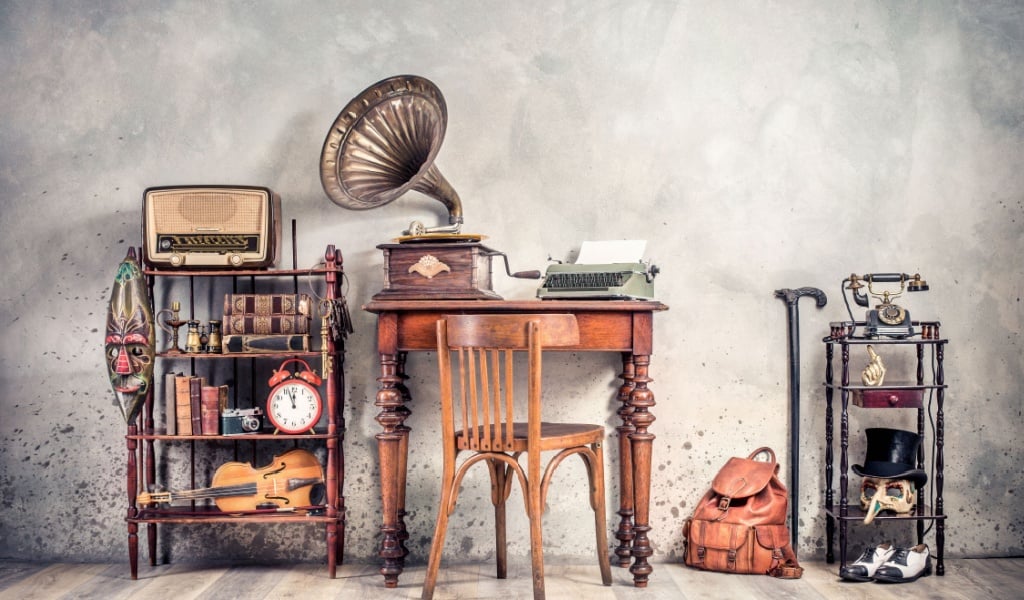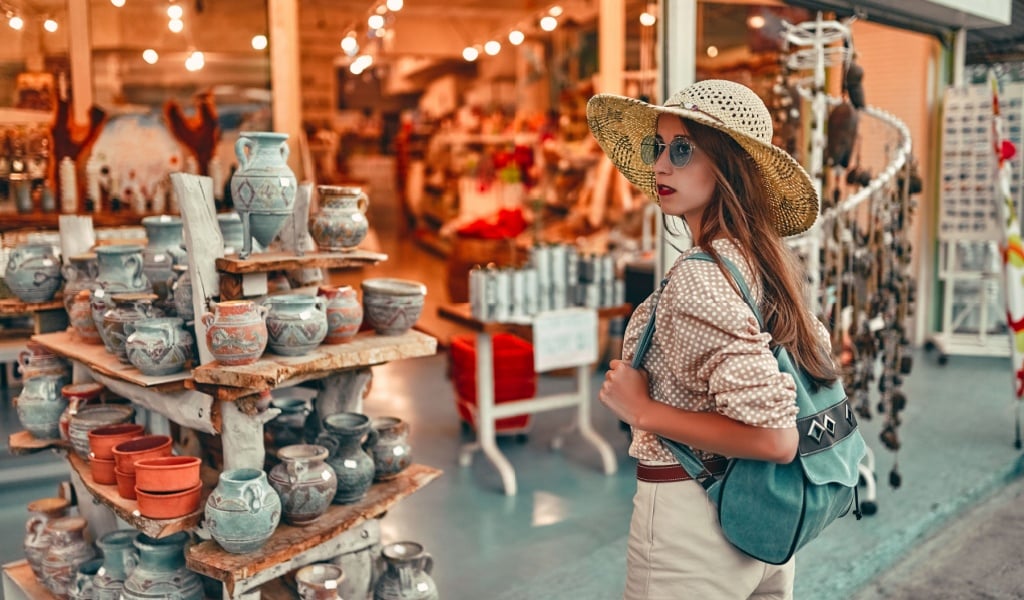With the rising number of online stores and common décors, many houses these days have begun to look like variations of the same sad beige catalog. Today, most people just want the same artwork they saw on their favorite blogger’s page. While there’s nothing wrong with wanting something you see online, it becomes a catastrophe when you want your entire home to fit into some sad, pre-determined “trendy” box devoid of any personality.
Nevertheless, unique and antique décors have an individual identity that reflects the owner’s personality, culture, or taste. Antiques are the ideal way to add some uniqueness to your home. They are usually sold second-hand, often negotiable, but can be pretty expensive. If you want to make your home a statement, this article will help you find some tips and tricks to shop like a pro for antique collections.

Patience Is Always The Key
Yes, you read that right! When it comes to shopping for antiques, you can’t be too hasty. There’s no factory churning them out in 100s a minute, so they are rare finds. Frequent visits to local antique shops will help you identify available pieces, hunt for unique collections, and discover treasures.
Cash Transaction is a Vital Tool
Antique shops rarely accept modern forms of payment, such as credit cards or mobile wallets. In most instances, cash is the only acceptable mode of transaction. Therefore, having sufficient cash is crucial to avoid missing significant payments.
Knowledge Is Your Best Friend
When it comes to antique shopping, take the time to explore your tastes and establish your style. Sometimes, specific collections may look great, but they may not seem as good as you imagined in your house. Even the décor we place in our homes should enhance our mood. Once you’ve established your style, list what you’re looking for. Are there different types of utensils, décor, or furniture? You can also browse online for inspiration and take note of various designs and styles, including color palettes that could be ideal for your home.
Maintain A Rapport With The Store Owners
The next time you’re at your local antique shop, strike up a conversation with the owner. Building rapport is ideal for getting more information about new products and upcoming events. If you have something specific in mind, you can ask them to call you as soon as it becomes available. As a bonus, a casual relationship also opens the door to discounts and special offers.
Do Not Stick To One Store
Shop around different areas. Visit malls, flea markets, thrift stores, and auction houses. This will make it easier to find the best price and expose you to an extensive range of collections. By sticking to one store, you are restricting the wide range of possibilities available.
Inspection Is Vital
Some antique pieces, especially furniture, may have slight damage, so inspecting them from every angle is essential. Slight chips, cracks, or even creaking sounds may make it a less-than-ideal purchase.
Furniture also requires inspection to determine the type of wood used and whether it has been treated over the years. This could prevent termites. Inspecting the collection could also help you determine whether the price is fair.
You should also look at the product’s finish. Antiques with their original finish are generally more valuable than those that have been refinished.

Always Negotiate
Antique shopping isn’t the same as grocery shopping. It doesn’t have a Minimum Retail Price. There is always room for negotiation, but always make an offer only if you are ready to purchase it!
Ask Questions From The Store Person
An antique shopper must ask numerous questions about the product. Learning about each piece, its story, and its origin can be quite enjoyable. Antique shopping is more than mere shopping!
Prioritize Original Antiques
Do not be fooled; make sure to verify the authenticity of the piece before taking it home. Although original antiques may be more expensive, they are worth the investment. If you end up purchasing replicas or ones that are not in their original condition, they may lose their value soon, making you feel that it was a waste of money.
Some Questions To Ask Yourself Before Shopping
Consider these questions before you purchase or negotiate an antique item:
• Is it truly worth buying that product?
• Is the price on par with other stores?
• Is the antique piece in good enough condition to use as is or refurbished?
• Are there any damages? How much will the repair cost?
Caution! Never Purchase These Antiques
- Avoid upholstered furniture, such as armchairs, sofas, decorative pillows, and rugs, as they may harbor bed bugs, mold, and mildew.
- Baby furniture, such as cribs and cots, is best left untouched, especially if you intend to use it for children, as it poses a high risk of exposure to allergies and dust.
- Steer clear of any item that you feel is suspicious or counterfeit.
Conclusion
As unique and beautiful as an antique may seem, the shopper needs the proper knowledge because not all that glitters is gold. Be vigilant when selecting items and avoid being hasty. And be sure to learn about the piece’s history so that you can appreciate it for all its worth.



